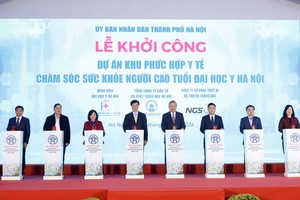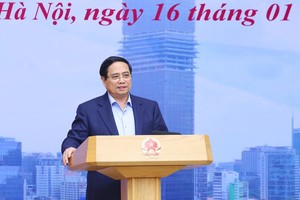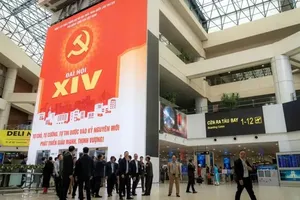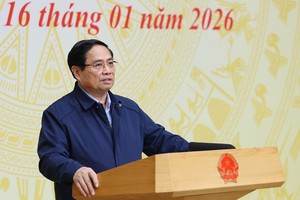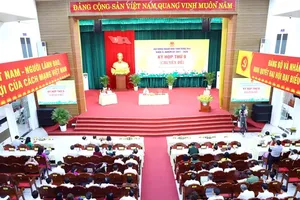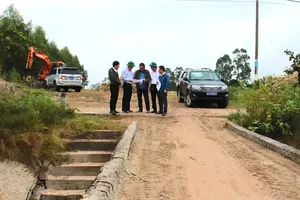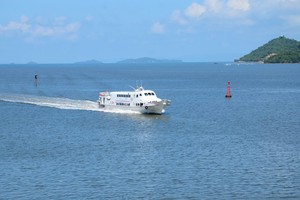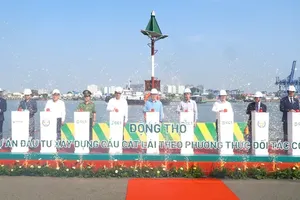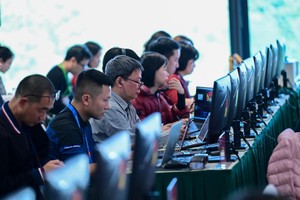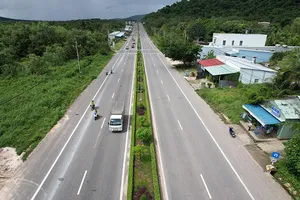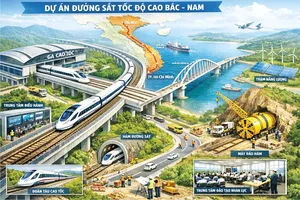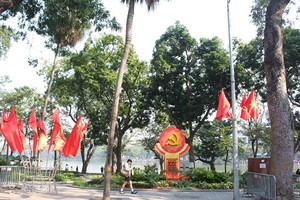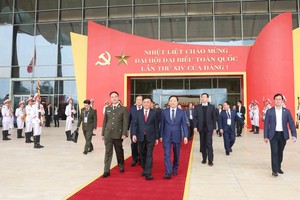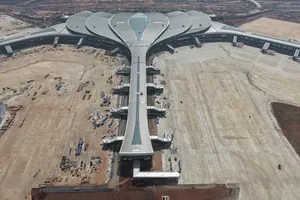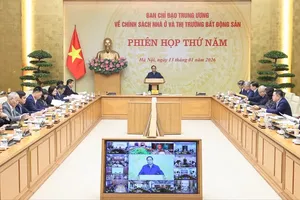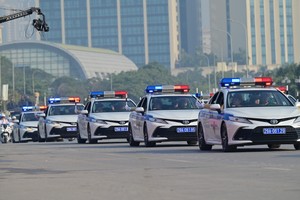Increasing security of land rights and transparency of land governance would contribute to government accountability, reduce costs for businesses and strengthen the climate for responsible investment in the Mekong region, a regional land forum in Hà Nội was told yesterday.

The Mekong region land forum, the first of its kind in the region, is a platform for dialogue and information sharing on key land governance challenges affecting vulnerable groups, including small farmers, minority groups and women.
The event, themed “Bringing land governance into ASEAN economic integration”, was held in the context of ASEAN economic integration, especially for Cambodia, Laos, Myanmar and Việt Nam.
In Cambodia, Laos, Myanmar and Việt Nam, land has always played a significant role as place of residence and source of livelihood, especially for those vulnerable groups such as women, ethnic minorities in remote areas and poor smallholding farmers seriously affected by inefficient land ownership mechanism and competing interests.
Land governance is at the centre of development challenges in Cambodia, Laos, Myanmar and Việt Nam, where the governments are revising land policies and practices in order to face these challenges.
Lê Quốc Doanh, Vice Minister of the Agriculture and Rural Development, said land governance is of utmost relevance for the ASEAN regional development.
Good land governance, he said, is reflected in the level of efficiency, transparency, participation and accountability and is a prerequisite factor for sustainable development.
Policy makers and researchers at the forum are expected to put forward measures for better land policies, creating conditions to attract investment in agriculture in Viet Nam and other ASEAN countries.
Ngô Đông Hải, Vice Chairman of the Party Central Committee’s Economic Commitssion, said that during the industrialisation and modernisation process of Việt Nam, land was not effectively governed and exploited. Land in many areas was polluted and deteriorated while drought and salt water intrusion are threatening many regions.
To improve the efficiency of State management of land, the 6th meeting of the 11th Party Central Committee issued a resolution on finalizing policies and laws relating to land, with a focus on land planning, allocation and leasing, land compensation, resettlement and developing the real estate sector, he said. The Land Law was issued in 2013 to create the legal foundation for implementation of the resolution.
Country director of GIZ in Việt Nam, Jochem Lange, emphasized that “ensuring responsible and sustainable investments in land has become an ever-more vital element of our social and economic development” as trade and investments will increase with stronger integration of the ASEAN nations.
Professor of Human Geography Phil Hirsch from the University of Sydney’s School of Geosciences pointed out some challenges for land governance, including transboundary challenges, post-reform challenges and confusion between national and public interests.
He suggested some solutions, including regulation and policy reforms, development of regional civil society, corporate accountability, private sector engagement and sharing of knowledge and experience.
During the three-day event, participants from Cambodia, Laos, Myanmar and Việt Nam, as well as national and international organisations, civil society, private sector and academia debated whether the right measures are being taken to ensure that large-scale investment in land adhere to both national and international standards and serve the people and the economy.
The security of local people’s rights to land is also on the agenda, as countries in the region advance to formalise the traditional land use of farmers by registering their land and issuing titles. Also on the agenda are topics dealing with land conflicts, the recognition of customary rights to land, community forestry and women’s rights to land tenure.
The forum is part of the Mekong Land Region Governance project, which aims to foster more favourable policies and practices for securing the rights and access of family farmers to land and natural resources, and to strengthen the effectiveness of stakeholders through learning, alliance building and regional co-operation.
It facilitates knowledge sharing across projects and country borders, supports multi-stakeholder dialogue, and assists regional co-operation between Cambodia, Laos, Myanmar, Việt Nam and beyond.
